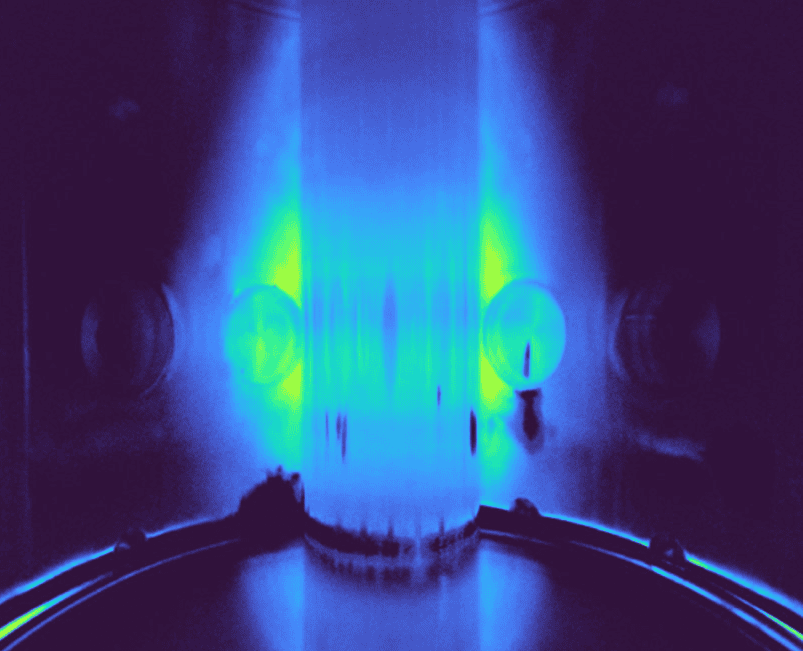New observations suggest a celestial object tracking Earth’s orbit just about 9 miles (14.5km) away from the planet is a fragment of the Moon. Astronomers say the fragment was tossed into space possibly after an ancient lunar collision. The asteroid, named Kamo’oalewa, is about the size of a Ferris wheel but a lot fainter than the faintest star that can be seen with the naked eye. The asteroid was discovered in 2016 but not much was known about it until now. Astronomers needed the most powerful telescopes to observe it in detail.
Quasi-satellites like Kamo’oalewa travel along with a planet in similar orbits around the sun. Earth has five of them, including Kamo’oalewa. Benjamin Sharkey and Vishnu Reddy at the University of Arizona led a team to examine the spectrum of the light reflecting from Kamo‘oalewa, using the Large Binocular Telescope on Mount Graham in the US. They missed the chance in April 2020 as the telescope was shut down during the pandemic. But they succeeded this year.
They found that the spectrum of reflected light matched lunar rocks from NASA’s Apollo missions. This suggested the asteroid originated from the Moon. The researchers published their findings in the journal Nature Communications Earth and Environment
“This spring, we got much-needed follow-up observations and went, ‘Wow it is real’,” Ben Sharkey, a PhD student at the University of Arizona and the paper’s lead author, told The Guardian.
The researchers are not sure what threw the asteroid into space, but they said the violent event would have occurred between 500 and 100,000 years ago. Professor Stephen Lowry, an astronomer at the University of Kent, told the publication, “While not 100 percent conclusive, the team has made a strong case that Kamo’oalewa may indeed be a collisional fragment from such a violent event.”
The study also used data from the Lowell Discovery Telescope in Flagstaff, Arizona, US.





